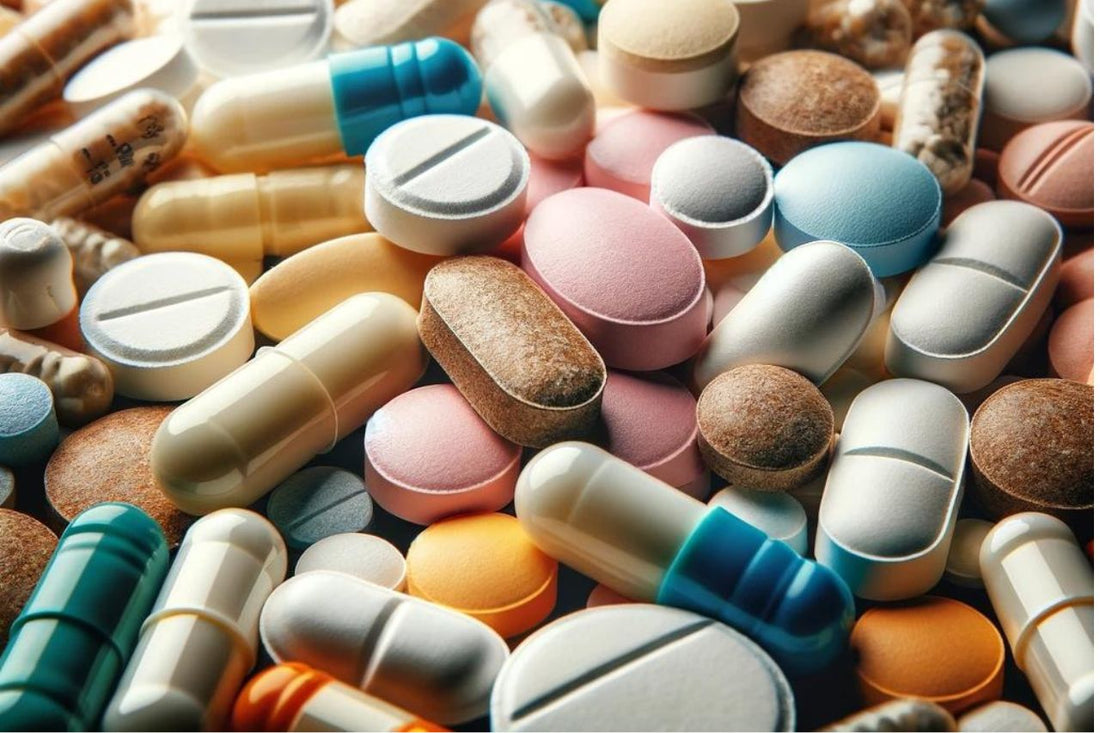The Shift to Cannabis Amid ADHD Medication Shortage
In an unprecedented turn of events, the United Kingdom is witnessing a significant influx of patients towards medical cannabis clinics, driven by a critical shortage of stimulant-based ADHD medications. This surge underscores a pivotal moment in the country's healthcare landscape, highlighting the evolving role of cannabis as an alternative solution.
Understanding the Medication Shortage
The Guardian's report last September brought to light the severe shortage of ADHD medications in England, advising doctors against prescribing these critical drugs to new patients. Affected medications include methylphenidate, lisdexamfetamine, guanfacine, and atomoxetine, which are among the top stimulants prescribed for ADHD in the UK. This shortage parallels the Adderall scarcity in the U.S., raising concerns about the availability of ADHD treatment options.
Medical Cannabis: A Beacon of Hope
Amid this shortage, the UK's medical cannabis industry has seen an 86% increase in ADHD patients turning to cannabis for relief. This shift not only highlights the growing acceptance of medical cannabis but also its potential to fill the gap in ADHD treatment during times of medication scarcity.
Legalization and Accessibility of Medical Cannabis in the UK
Since the legalization of medical cannabis in November 2018, the UK has acknowledged its medical value by reclassifying treatments that meet "appropriate standards" under Schedule 2. Despite limited availability for medical use within the country, the UK has emerged as the world's largest exporter of legal cannabis as of 2016.
Exploring Alternatives Amid Shortages
The Department of Health and Social Care (DHSC) has stated that while no cannabis-based medicines are licensed for ADHD treatment on the NHS, specialist clinicians can prescribe cannabis-based products when deemed clinically appropriate. This guidance comes as a relief to many seeking alternatives in the wake of the ongoing medication shortage.
The Impact on Patients and Treatment Options
The shortage of stimulant-based drugs has left many patients with few alternatives, prompting them to explore other options, including medical cannabis. The personalization of ADHD treatment, often involving trials of various medications to find the optimal solution, exacerbates the challenge when supply issues arise.
Cannabis and ADHD: A Complex Relationship
A study titled "Cannabinoid and Terpenoid Doses are Associated with Adult ADHD Status of Medical Cannabis Patients" provides mixed results on the efficacy of cannabis for ADHD, suggesting that whole-plant cannabis may offer more benefits than purified THC:CBD ratios. This complexity underscores the need for further research to fully understand cannabis's potential in treating ADHD.
Medical Cannabis Research and Opinions
Experts emphasize that ADHD treatments are not one-size-fits-all, highlighting the importance of continued research into how cannabis and CBD may assist those with ADHD. Anecdotal reports suggest that certain cannabis strains, known for their energizing effects, may have calming effects on individuals with ADHD, adding another layer to the ongoing discussion on cannabis as a treatment option.
The unfolding scenario in the UK, marked by the ADHD medication shortage and the consequent turn towards medical cannabis, reflects a broader narrative on the necessity and potential of alternative treatment options. As the medical community and patients navigate these challenges, the role of cannabis in healthcare continues to evolve, highlighting the need for adaptable solutions in times of crisis.







